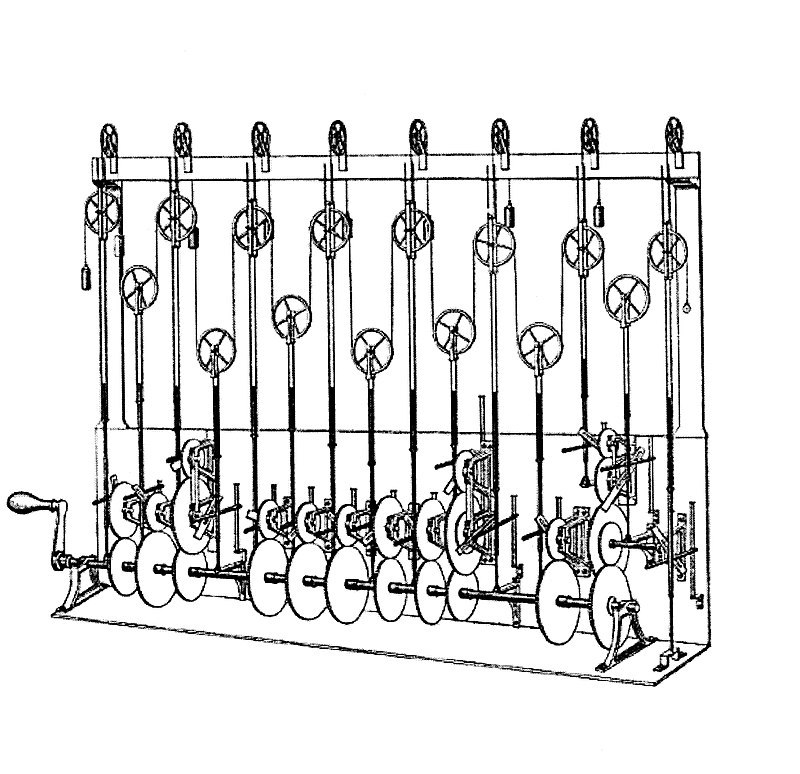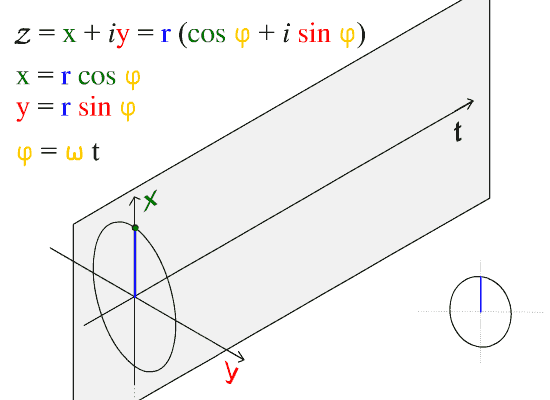Do we live inside a simulation?
Do we live inside a computer and not realise it?
Like players in a video game?
If so... what kind of computer is it?
Some of my thoughts. I might add more over time...
Is the universe a machine?
If the universe is not a machine, then what is it?
Many people think of the universe as a big boring container with boundaries far away somewhere. There are (somehow) atoms and molecules jiggling around inside and these cluster together due to gravity to make stars and planets over time.
Just a moment, how do we have atoms, molecules, gravity? How are these concepts implemented at a basic level? The laws of physics have to be defined and implemented somewhere, and somehow! And then the laws of physics themselves are only designed to work in three dimensional space with the concept of time taken for granted. How can three dimensional space exist in the first place? To those who think the universe is just a box; a container that doesn't make the rules, what happens if you go outside the box? Do you find yourself in a bigger box, or another part of the same box, where there is still three dimensional space and time, and things are basically the same but with slightly different scenery? If so then that's just dodging some inevitable questions: you're still inside the universe, maybe just a larger territorial zone of it.
So eventually we must have something generating the concept of three dimensional space + time for us so that we can roam around inside. It's fair to say that (1) such a device certainly qualifies as a 'machine' and (2) we can't expect to be able to see the true nature of this machine (the moving parts and so on) as long as we are inside it, just as a character in a video game can't look around and see the circuit boards of the game console that the world of the game exists inside.
Nature builds machines too
...Now you might say, 'surely if the universe is a natural thing, you cannot call that a machine! Machines are things built by people.' Well we don't know how natural anything outside our universe might be—but in any case, nature makes machines all the time. Humans are machines. We even run our own symbolic machine code (DNA) and are intelligent enough to be able to simulate other basic machines within our minds and figure out the results (sometimes with the help of a pen and paper, but computers use external storage devices too), including the hypothetical 'Turing Machine'. We won't discuss Turing Machines here (an academic concept) except to say this:
Computer science theory states that any machine that can simulate the operation of a Turing Machine is itself equivalent to a 'universal' computer, since that's what a Turing machine is.
Analog or digital?
Here's a post I made on Twitter a few days ago. It's easier to copy and paste myself than try to repeat myself:
In physics, no measurement ever absolutely precise. No matter how many significant figures you measure to, you never reach an "absolutely correct" value for energy, mass, etc. of a natural system.
BUT IN COMPUTER SCIENCE, most measurements lead to a boolean true or false. You get absolute precision immediately--a system is either turing-complete or not, acyclic or not, etc.This tells us that if our universe is a machine and we are living inside a machine simulation, it is not a digital machine but an analog one.
— @dwkos
It's no accident that early television systems used analog transmission signals and digital only came later. It's no accident that the same is true for many other pieces of technology too.
Old analog technology was easier to develop because it makes use of the inherant characteristics of the universe we live in. The universe is fundamentally analog, while digital systems appear to be a human invention.
There was even a time when analog computers were built. They were not very powerful since they did not have the ability to break free of the rules of nature the way a digital device can. Lord Kelvin built such a machine, in the 19th century, to predict tides. It makes use of an unusual arrangements of wheels that turn in cycles that combine or cancel each other out to produce a particular result. (Other analog computers used water to represent stored quantities; and of course electronic analog computers were built too.)

Let's accept that the universe is an analog machine then. How does it work?
Lots of spinning wheels?
So, your high school teacher lied and told you trignometry would be useful after you graduated?

What if I suggest to you that the universe might be, at some level, an elaborate clockwork mechanism full of intermeshing rotating wheels (or cogs, like in a mechanical clock)? We can't expect to see the spinning cogs of course, but perhaps we can infer their shape by the effect they have on us?
We can go deep into this. But we need to get technical. We need to look at mathematics. Mathematics has become very complicated in order to provide the mechanisms to explain the natural world. Physics is built out of trigonometry, complex numbers, and so on. The number pi (π=3.14...) pops up a lot. But the number π is specific to circles.
π is the ratio of a distance around a circle compared to the distance across it. The proportion is the same for all circles.
You don't see many perfect circles lying around in nature when you go for a swim or go for a walk in a forest, but π is there in a ray of light (a pure beam of light in a single colour is a perfect sine wave), and in the way we hear sound, and in the motion of the tides. The harmonic waves that produce our reality are based on circular rotation. Quantum Field Theory goes so far as to say that even everything you can touch is a projection made up of multiple sine waves.
Sine waves are produced by the motion of spinning circles when viewed on a single dimensional axis. When a piston in a car engine moves up and down in a harmonic pattern, it is because that piston is connected to a spinning wheel somewhere. So where are the wheels that make the waves???
TO BE CONTINUED...
Leave a comment @dwkos on twitter/x.com and I'll expand this discussion.